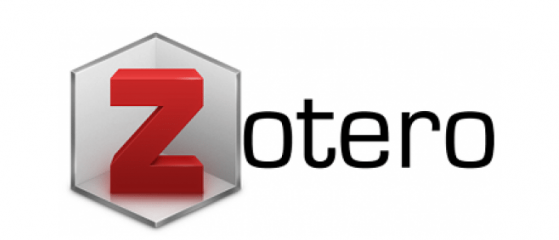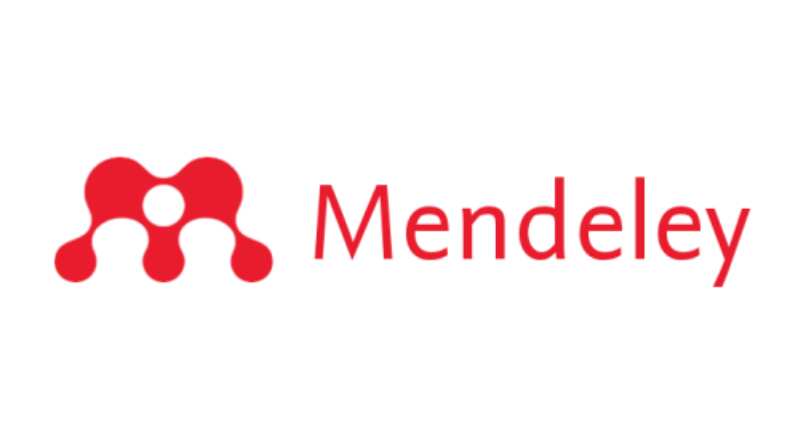LITERATURE STUDY OF ISLAMIC ECONOMICS AND FINANCE ARTICLES IN SCOPUS-INDEXED JOURNALS IN THE LAST THREE YEARS
Abstract
The study aimed to find the authors of Islamic economics and finance articles in Scopus-indexed journals for the last three years (2019-2021). The research method with a qualitative descriptive approach. Data collection techniques were obtained by studying documentation (Scopus website). The results showed that the authors of articles on Islamic economics and finance during the 2019-2021 period came from the United Kingdom, Malaysia, Indonesia, Turkey, New Zealand, Iran, the United States, Bahrain and India. During the 2019-2021 period, it can be explained that the authors of articles on the theme of Islamic banking and Islamic accounting come from England; authors of articles on Islamic business themes come from Malaysia and Indonesia; Islamic marketing-themed article writers from Turkey, Indonesia, Malaysia and New Zealand; the author of the article on the Islamic monetary theme comes from Indonesia; the authors of articles on the theme of Islamic insurance come from Malaysia and Iran; authors of articles on the theme of Islamic microfinance come from Malaysia and the United States; the author of the article on the Islamic fintech theme comes from Bahrain; authors of zakat-themed articles come from Indonesia, Malaysia and India; the author of the waqf theme article comes from Malaysia; the author of the article on the theme of the halal industry comes from Indonesia.
References
Alshater, M. M., Hassan, M. K., Rashid, M., & Hasan, R. 2022. A bibliometric review of the Waqf literature. Eurasian Economic Review, 12(2), 213-239.
Bank Indonesia, 2020. Ekosistem Industri Halal, Departemen Ekonomi dan Keuangan Syariah Bank Indonesia, Jakarta.
Idiab, A. I. M., Haron, M. S. Bin, & Ahmad, S. B. H. 2012. Service of Islamic banks. In Social Sciences, 7(1), 1–8.
ISRA. 2015. Sistem Keuangan Islam “Prinsip dan Operasi. PT RajaGrafindo Persada, Jakarta.
Karim, S., Zadjali, F. Al, Rawahi, M. Al, & Hazik, M. 2022. Business trends & challenges in Islamic FinTech, A systematic literature review, 1(2), 1–26.
Khatib, M. El., 2016. Waqf, its Rules and Applications in Islamic Finance. INCEIF , The Global University in Islamic Finance.
KNKS, 2019. Rekomendasi Kebijakan Strategi Pengembangan Keuangan Mikro Syariah di Indonesia, KNKS, Jakarta.
Luqman Hakim Handoko. 2020. Bibliometric analysis and visualization of Islamic economics and finance articles indexed in Scopus by Indonesian authors, Journal Science Editing.
Maleha, N. Y. 2016. Manajemen Bisnis dalam Islam. Ekonomica Sharia, Jurnal Pemikiran dan Pengembangan Ekonomi Syariah, 1(2), 43-54..
Menne, F., Surya, B., Yusuf, M., Suriani, S., Ruslan, M., & Iskandar, I. 2022. Optimizing the financial performance of SMEs based on sharia economy: Perspective of economic business sustainability and open innovation. Journal of Open Innovation: Technology, Market, and Complexity, 8(1), 18.
Nomran, N.M. dan Haron, R. 2022. Validity of zakat ratios as Islamic performance indicators in Islamic banking: a congeneric model and confirmatory factor analysis, ISRA International Journal of Islamic Finance, 14(1), 41-62
Said, M. F., Adham, K. A., Muhamad, N. S. A., & Sulaiman, S. 2020. Exploring halal tourism in Muslim-minority countries: Muslim travellers’ needs and concerns. Journal of Islamic Marketing, 13(4), 824-842.
Scimago, 2022. diakses melalui laman https://www.scimagojr.com/countryrank.php?category=2001&area=2000&year=2019®ion=Asiatic%20Region.
Sitti Nikmah Marzuki. 2021. Konsep Uang dan Kebijakan Moneter dalam Islam. Al-Iqtishad: Jurnal Ekonomi, 1(2), 201-216.
Siyoto, S., & Sodik, M. A. 2015. Dasar metodologi penelitian. literasi media publishing. Yogyakarta.


















